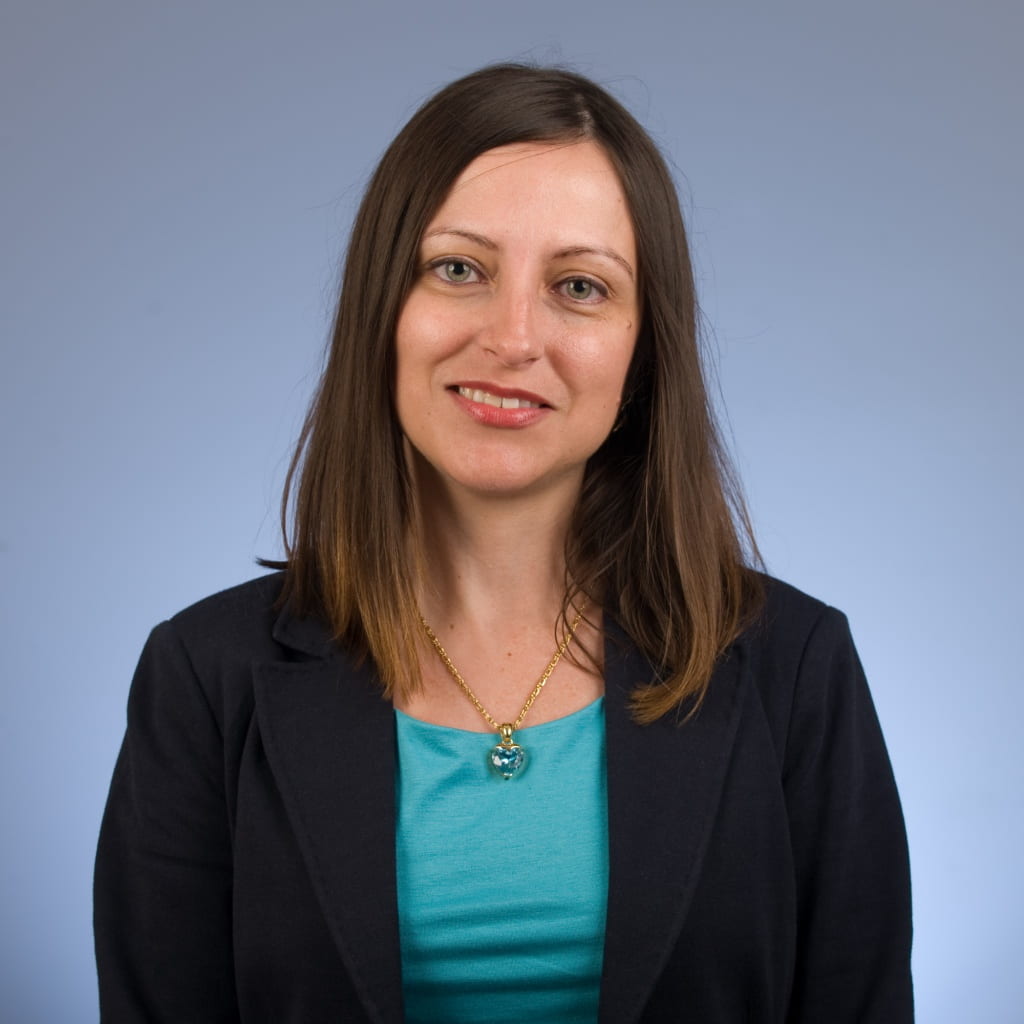Community healing
For alumna Julianne Toohey, effective health care is more than an individual pursuit

Julianne Toohey wasn’t your typical medical school candidate.
Married to husband Kevin right out of high school and a mother of three while still a UCI biological sciences undergraduate, she applied only to UCI’s School of Medicine, not wanting to uproot her family from their native Orange County.
Drawing on raw energy and lots of family support, she completed the 14-year journey — straight through her medical degree and ob/gyn residency, followed by a fellowship in maternal fetal medicine at UCI Medical Center.
“Having a baby is such an important part of life,” says Toohey ’84, M.D. ’88. “I thought helping other people through that experience would be an incredible thing to do every day.”
Now a specialist in high-risk pregnancies, she reassures patients with her open, comforting manner. “I’m never interested in just one problem,” she says. “I take into account the whole family situation and think, ‘How can I make it better?'”
That approach means dealing with the myriad issues affecting women’s health, including depression, domestic violence and teen pregnancy. “Most people don’t have serious medical complications, they just have life,” Toohey says.
In her practice at UCI Medical Center and while consulting at several area hospitals, she sees women of all ages, races and economic levels who are battered, hungry, depressed, but “terrified to say anything. They want you to ask, ‘How are things at home? Is anyone hurting you?’ It opens the window to help the whole person — a challenge that’s bigger than any one physician.”
PARTNERS IN HEALTH
So Toohey has joined forces with the community, referring patients and offering her services to organizations like Human Options, Maternal Outreach Management System (MOMS), March of Dimes, American Cancer Society and the Orange County Family Violence Council, among others.
According to Shirley Gellatly, community education director at the non-profit shelter Human Options, domestic violence is the leading cause of injury to women ages 15 to 44, and one-fourth of these women are pregnant at the time the violence occurs.
Getting abuse victims to leave their violent situations is just the beginning. They may need housing, legal advice, family counseling and job referrals — all of which Human Options provides. Toohey became involved because the organization is more than an emergency shelter for women and children. “It gives them a chance to stop the cycle of violence,” she says.
“Julianne is a delight; her batteries are always charged,” says Gellatly, who works with Toohey on the organization’s board and helps develop community education programs that Toohey takes to conferences and continuing education sessions for hospital staffs.
As associate clinical professor and clerkship director in maternal fetal medicine, Toohey has arranged for UCI medical students to spend time at Human Options as part of their training. Due largely to her efforts, the School of Medicine is one of the few schools in the country teaching physicians to treat domestic violence.
CAREFUL QUESTIONS
To budding physicians of all specialties, Toohey can’t stress enough how important it is to “screen every woman. For instance, a pregnant woman may come to the emergency room complaining that the baby isn’t moving. Many times, she’s scared to admit she’s been kicked or thrown down stairs and wants to know if the baby is OK. She wants the doctor to ask, ‘How’s your life, any problems at home?'”
Another of Toohey’s connections is with the Teen Parenting and Pregnancy program in county school districts. Making the rounds as a monthly speaker, she found the most common concern of teenage girls is, “How do I tell a boy, ‘No’?”
“So we practice saying, ‘No,'” says Toohey. Some of these girls are abused at home or by boyfriends and find themselves pregnant at the age of 14. “Sometimes I have to ask myself, ‘What am I doing talking to them about health?’ Often the only thing I can give them is hope to hang on and the assurance that someone cares about them.”
Toohey also extends hope to low-income, underserved women in Orange County through MOMS, which offers education and support to families during pregnancy and an infant’s first year. Toohey serves on the organization’s board and program committee.
“Julianne has an amazing capacity to care for these families,” says Pam Pimental, MOMS executive director. “She’s fluent in Spanish and her knowledge of different cultures gives patients the special care and respect they appreciate.”
For many MOMS clients, depression is a huge issue, says Toohey. “If the mother is depressed, the whole family is affected. Lots of suffering can be alleviated when doctors pay attention to depression and treat it early.”
Admittedly, says Toohey, facing these problems with patients can be daunting for doctors and nurses but, she reminds them, “You don’t have to fix it all yourself; work with the resources we have in the community.”
Toohey wants nothing more than to empower colleagues and the community to help families become “functional and safe.” And now that her own children are in college, she and her husband eventually hope for another dose of “the most important things in life — grandchildren.”
